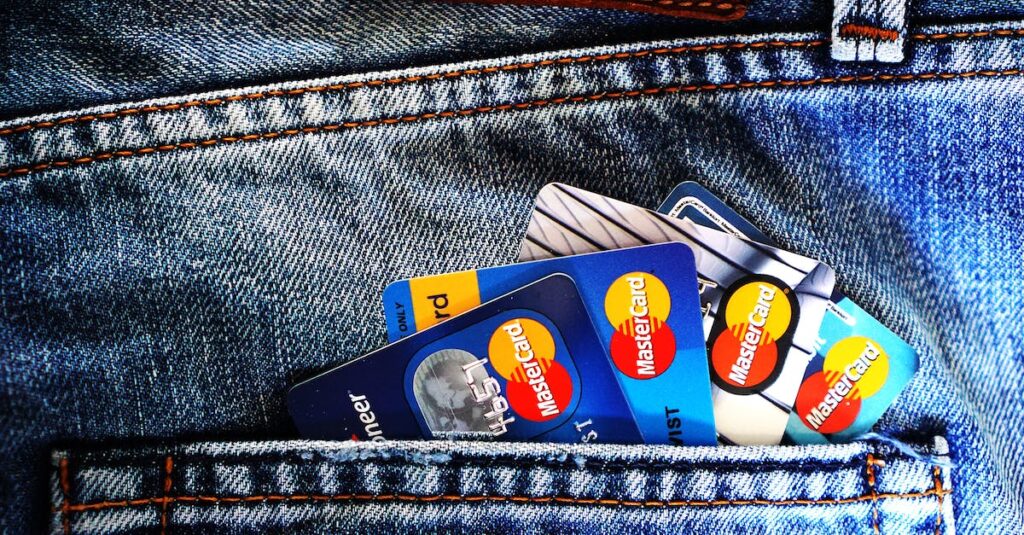Introduction
In today’s society, credit scores play a significant role in financial decisions. Whether you’re applying for a loan, renting an apartment, or even getting a new job, your credit score can have a big impact. Unfortunately, there are many myths and misconceptions surrounding credit scores, which can lead to confusion and unnecessary stress. In this article, we aim to debunk some of the most common credit score myths and provide you with factual information to help you better understand how credit scores work.
Myth 1: Closing a Credit Card Increases Your Credit Score
Many people believe that closing a credit card will instantly improve their credit score. However, this is not the case. In fact, closing a credit card can actually have a negative impact on your credit score. When you close a credit card, you reduce your available credit, which can increase your credit utilization ratio – the percentage of your available credit that you are currently using. This can lower your credit score, especially if you have high balances on other credit cards.
Myth 2: Checking Your Credit Score Will Lower It
Contrary to popular belief, checking your own credit score does not have a negative impact on your credit. When you check your own credit score, it is considered a “soft inquiry” and does not affect your credit score. It is important to regularly monitor your credit score to stay aware of any changes or potential errors. There are many free resources available that allow you to check your credit score without any negative consequences.
Myth 3: All Credit Inquiries Will Hurt Your Credit Score
Credit inquiries can have an impact on your credit score, but not all inquiries are treated the same. There are two types of credit inquiries – hard inquiries and soft inquiries. Hard inquiries occur when you apply for new credit, such as a credit card or a loan. These inquiries can lower your credit score by a few points and stay on your credit report for up to two years. On the other hand, soft inquiries, as mentioned earlier, do not affect your credit score and can include checking your own credit score, pre-approved credit offers, or background checks.
Myth 4: Closing an Unsecured Credit Card Will Improve Your Score
Some individuals believe that closing an unsecured credit card will automatically boost their credit score. However, this is just another credit score myth. In reality, unsecured credit cards contribute positively to your credit history, as they demonstrate responsible credit management. By closing an unsecured card, you may be removing a positive credit history and potentially harming your credit score. It is generally advisable to keep your old unsecured credit cards open, especially if they have a long credit history and positive payment record.
Myth 5: Credit Repair Companies Can Instantly Fix Your Credit
Credit repair companies often claim that they can quickly improve your credit score by removing negative items from your credit report. However, it’s important to approach these claims with caution. While legitimate credit repair companies can assist you in disputing inaccurate information, they cannot eliminate accurate negative information that belongs to your credit history. It’s best to approach credit repair with patience and a realistic understanding of the process.
Myth 6: High Income Guarantees a High Credit Score
While having a high income can make it easier to manage your finances, it does not guarantee a high credit score. Your credit score is based on various factors, such as your payment history, credit utilization, length of credit history, new credit inquiries, and credit mix. Income is not directly considered in the credit scoring model. However, having a higher income can provide you with more opportunities to build a strong credit history and manage your credit effectively.
Myth 7: Paying Off a Collection Account Will Remove It from Your Credit Report
Paying off a collection account does not automatically remove it from your credit report. The collection account will still remain on your credit report for up to seven years from the date of the original delinquency. However, paying off the collection account can show future creditors that you have taken steps to resolve your debts, which may positively impact their decision-making process.
Conclusion
Understanding how credit scores work is essential for making informed financial decisions. By debunking these credit score myths, we hope to provide you with accurate information that can help you navigate the world of credit more confidently. Remember, building and maintaining a good credit score takes time and responsible credit management. Regularly monitoring your credit, paying bills on time, keeping credit utilization low, and maintaining a diverse credit portfolio are some of the key factors that can contribute to a healthy credit score.







